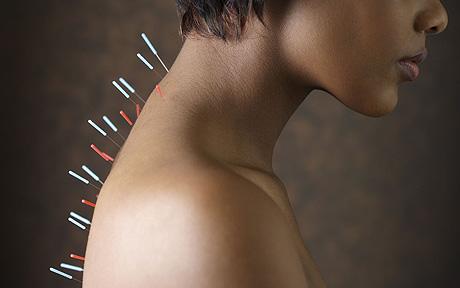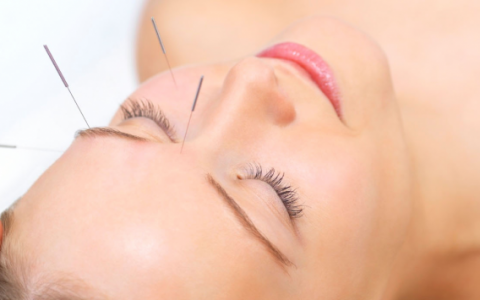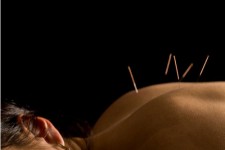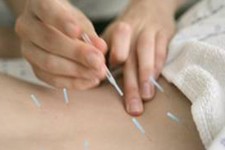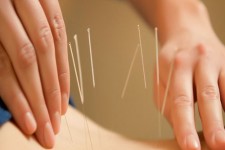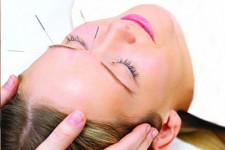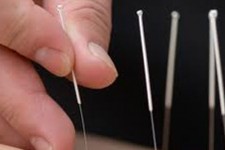The traditional theory of acupuncture is based on the theory of energy and the pathways that it circulates within in the body. According to the Chinese philosophy when your body is healthy, energy circulates smoothly along a series of channels in the body known as ‘meridians’. When there is a blockage in this flow, whether it due to illness, physical or emotional trauma, the flow of energy is disrupted and as a result our health worsens. By inserting needles into specific acupuncture points, it is thought to help release any blockages and hence restore the natural flow of energy throughout the body and as a result stimulating the body’s own healing process.
While not all effects of acupuncture can be explained using conventional medicine, there has been significant research showing how acupuncture can stimulate the body and reduce pain. When needles are inserted, it is thought to stimulate local nerves, muscles and tissue throughout the body. Such stimulation encourages the body to release specific chemicals. Two of such chemicals include endorphins and serotonin. Endorphins are the body’s natural form of painkillers that our body releases at times of pain and stress. Serotonin is also known to help with pain relief but is more specifically known to affect mood, emotions and behavior. This can help understand how acupuncture is used effectively in treating emotional problems such as depression.

